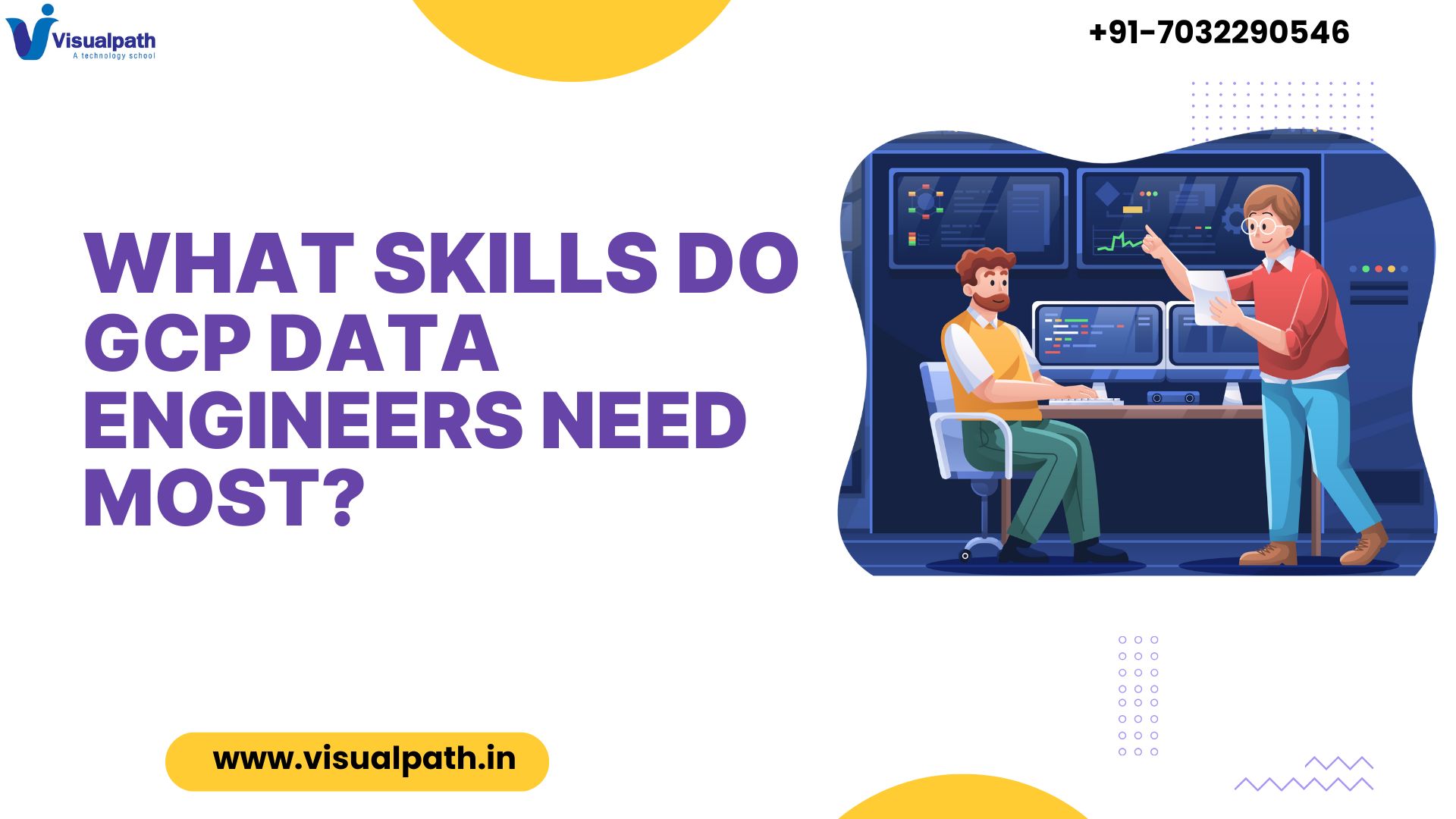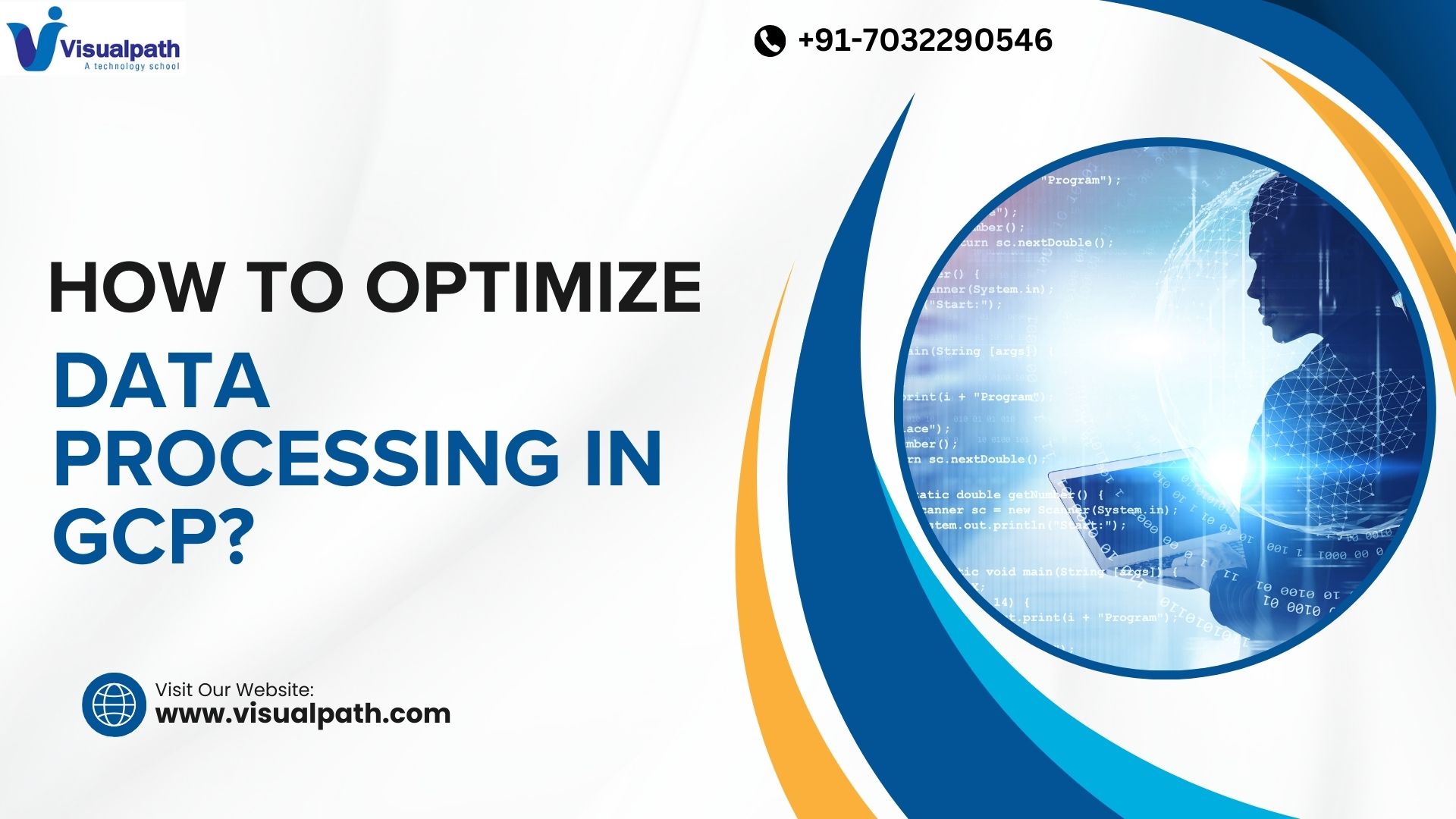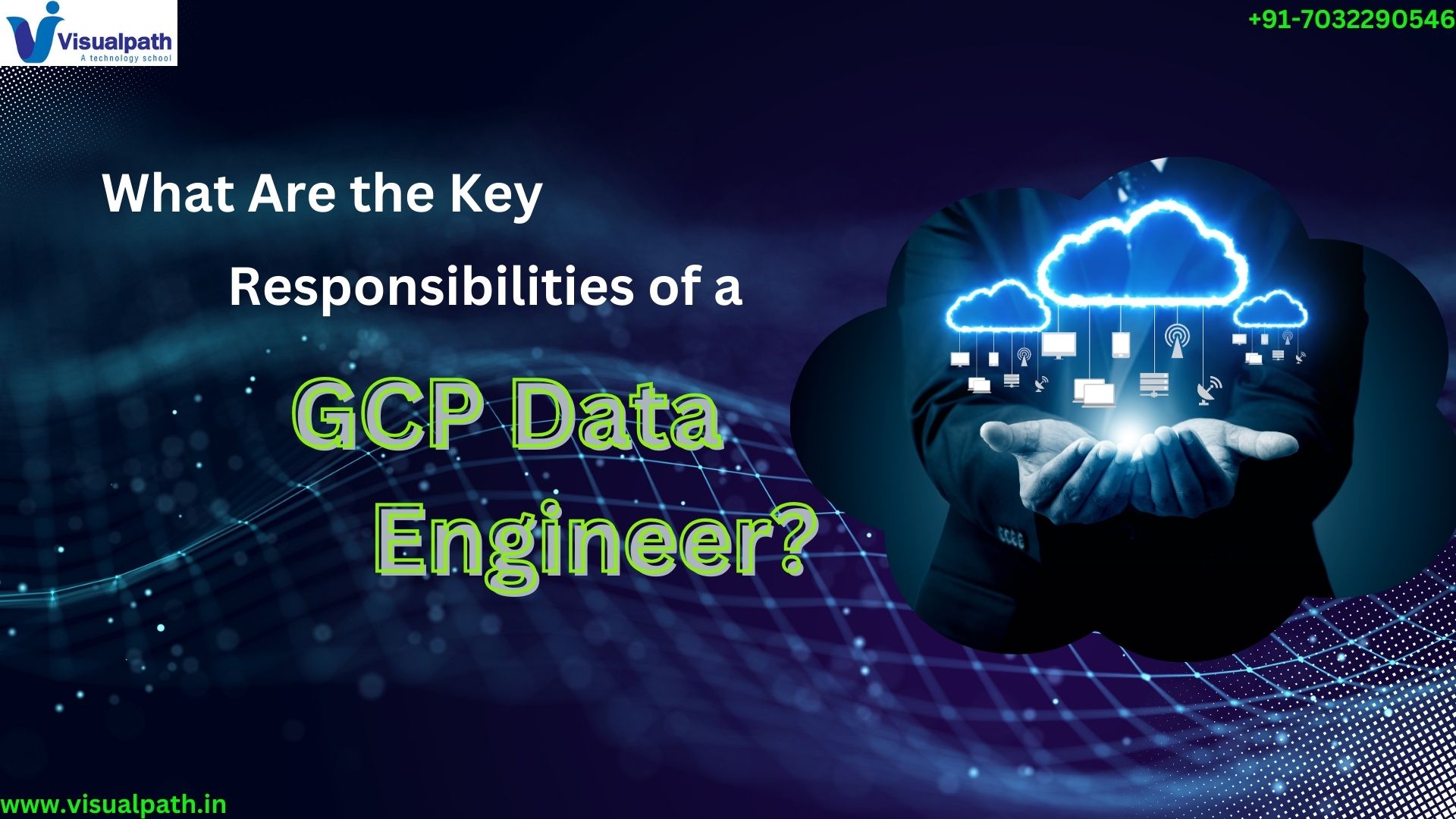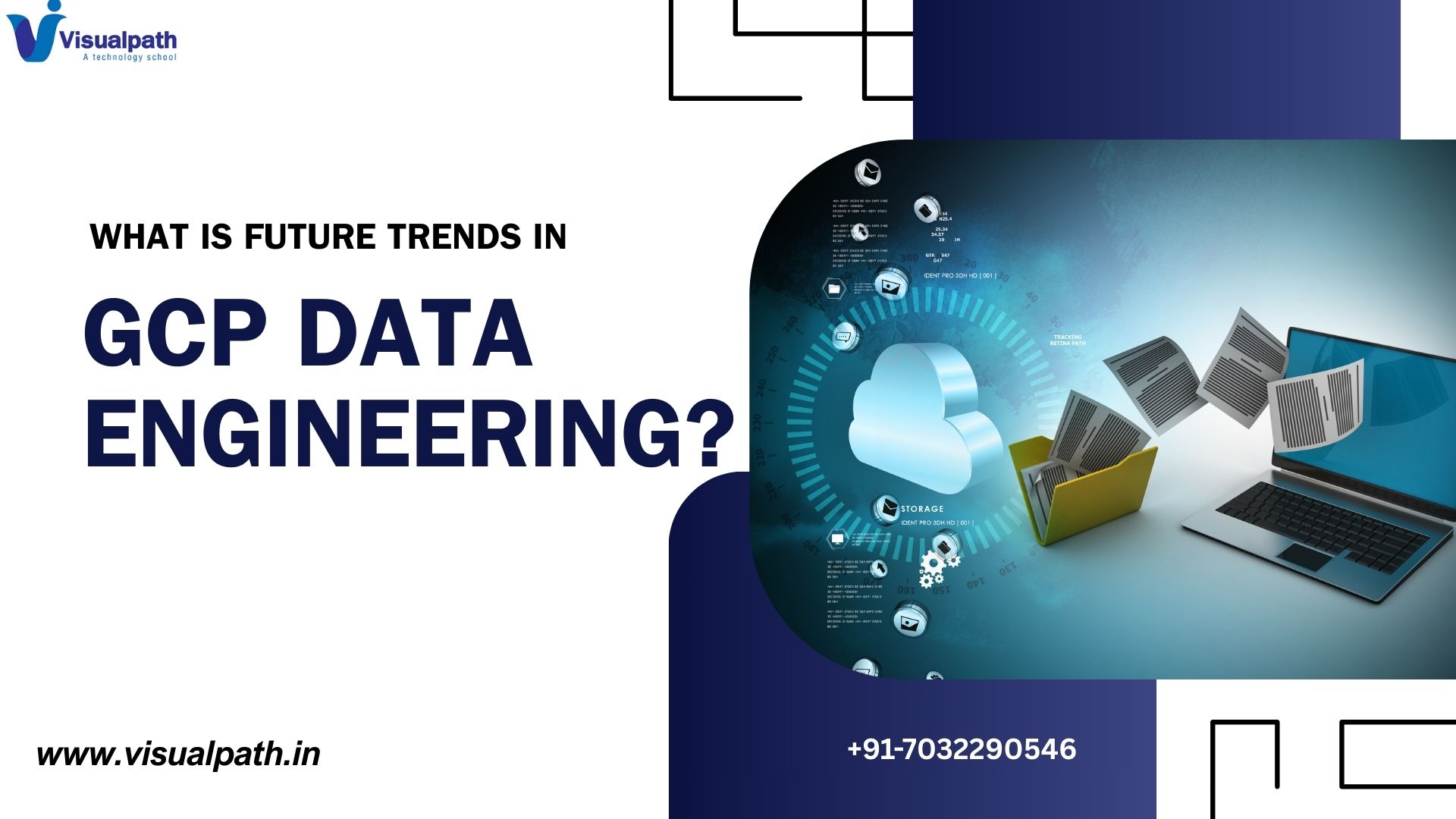GCP Data Engineer has become increasingly critical—especially within cloud ecosystems like Google Cloud Platform (GCP). With businesses relying heavily on data to make informed decisions, the need for skilled GCP data engineers has surged. These professionals are responsible for designing, building, and managing scalable data solutions that help organizations harness the power of their data assets. But what exactly does it take to become a successful GCP data engineer.
1. Strong Understanding of Google Cloud Services
At the core of a GCP data engineer’s skillset lies a deep understanding of GCP’s suite of data services. Tools like BigQuery, Pub/Sub, Cloud Dataflow, Cloud Composer, and Cloud Storage are essential for handling data ingestion, processing, and storage. BigQuery, in particular, is widely used for its powerful, serverless data warehousing capabilities. Proficiency in using these tools to build efficient and scalable pipelines is a must. GCP Cloud Data Engineer Training
Data engineers should also understand how to integrate these services seamlessly, optimize for performance and cost, and secure data through Identity and Access Management (IAM) configurations.
2. Proficiency in SQL and Programming Languages
SQL remains the backbone of data querying and manipulation. A GCP data engineer should have expert-level SQL skills to work effectively with BigQuery and other databases. Beyond SQL, programming knowledge—particularly in Python and Java—is highly valuable. Python is especially useful when writing data transformation scripts in Dataflow (Apache Beam), creating workflows in Cloud Composer (Apache Airflow), or performing exploratory data analysis.
3. Data Pipeline Design and ETL/ELT Processes
Building and managing ETL (Extract, Transform, Load) and ELT (Extract, Load, Transform) pipelines is one of the core responsibilities of a data engineer. GCP provides services like Dataflow and Cloud Data Fusion to facilitate pipeline creation. Engineers must understand when to use batch vs. stream processing, how to handle data quality issues, and how to build resilient, scalable, and automated pipelines.
4. Experience with DevOps and CI/CD Practices
Modern data engineering on GCP often involves DevOps practices like version control, testing, deployment automation, and continuous integration/continuous delivery (CI/CD). Knowledge of tools like Cloud Build, Cloud Functions, Terraform, and Git is important for managing infrastructure as code and ensuring reproducible data workflows.
Understanding containerization with Docker and orchestration tools like Kubernetes (GKE) also adds a competitive edge, especially in environments where microservices are part of the data architecture.
5. Data Governance, Security, and Compliance
With increasing scrutiny around data privacy and compliance, data engineers must be aware of best practices in data governance. On GCP, this includes setting IAM roles properly, encrypting data at rest and in transit, using Data Loss Prevention (DLP) for sensitive information, and adhering to regulations like GDPR or HIPAA. A strong grasp of these aspects helps build trust in the data platform and ensures compliance. GCP Data Engineer Online Training
6. Analytical Thinking and Communication Skills
While technical skills are crucial, analytical thinking and communication are what make a great engineer stand out. Data engineers often work with data scientists, analysts, and business stakeholders. Being able to understand business requirements, translate them into technical solutions, and clearly explain complex data workflows is key to success.
Conclusion
The demand for skilled GCP data engineers continues to grow, driven by the increasing adoption of cloud-based data architectures. To thrive in this role, professionals must possess a mix of cloud platform expertise, programming proficiency, data pipeline design, security awareness, and strong communication skills. As data continues to shape strategic decision-making, GCP data engineers will remain essential players in helping businesses unlock the full value of their data. Whether you’re starting your career or looking to sharpen your skills, focusing on these core areas will prepare you for success in the ever-evolving world of cloud data engineering.
Trending Courses: Salesforce Marketing Cloud, Cyber Security, Gen AI for DevOps




